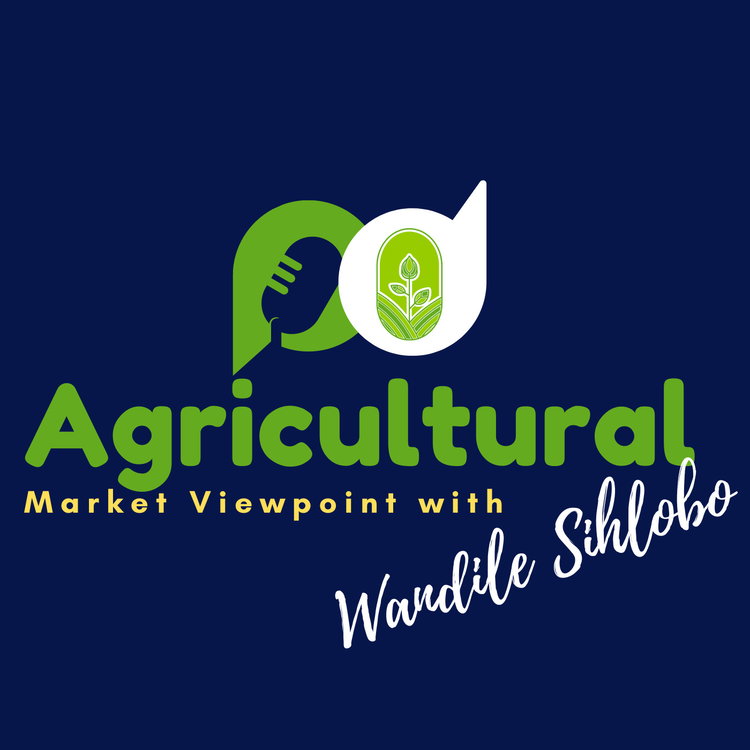
South Africa lifts the ban on Brazil’s poultry imports
Loading player...
The close observers of this letter will recall that when I first argued for South Africa to place temporary restrictions on the imports of poultry products from Brazil, the idea wasn’t for us to be protectionists. Instead, we wanted to ensure that Brazil controls the avian influenza outbreak before we could resume the imports. This decision was not unique to South Africa, but a standard global practice, and at the time, the EU and China had already placed temporary bans on Brazil’s poultry imports.
We also had haunting memories of the 2023 avian influenza in South Africa, which led to significant financial losses for poultry producers and higher prices for eggs and other poultry products for consumers. At the same time, we were seeing the perverse spread of the various strains of bird flu in the U.S. and parts of the UK, which had crossed from poultry to dairy, and then to humans. Having witnessed such cases, it only seemed fair to ensure that South Africa takes a careful approach to the imports.
After it was established that the ban was only in a few areas, South Africa started applying a regionalised poultry import restriction and opened some regions for imports. This was to ease the poultry supplies in the domestic market, while ensuring there were careful considerations for the potential spread of the disease. This was also on the back of the recognition of the importance of Brazil in South Africa’s poultry imports. South Africa imports roughly 20% of its poultry products, which is about 350,000 tonnes a year, and approximately 70% of those imports are from Brazil.
Having received convincing data on the successful containment and eradication of the disease, the South African authorities have sufficient confidence to lift the ban on Brazil’s poultry product imports. This was effective on July 4, 2025. With imports now back on a regular schedule, it is fair to assume that the fears of a meat price inflation uptick should subside. The resumption of imports bodes well for moderating food price inflation that we hold for the year.
We also had haunting memories of the 2023 avian influenza in South Africa, which led to significant financial losses for poultry producers and higher prices for eggs and other poultry products for consumers. At the same time, we were seeing the perverse spread of the various strains of bird flu in the U.S. and parts of the UK, which had crossed from poultry to dairy, and then to humans. Having witnessed such cases, it only seemed fair to ensure that South Africa takes a careful approach to the imports.
After it was established that the ban was only in a few areas, South Africa started applying a regionalised poultry import restriction and opened some regions for imports. This was to ease the poultry supplies in the domestic market, while ensuring there were careful considerations for the potential spread of the disease. This was also on the back of the recognition of the importance of Brazil in South Africa’s poultry imports. South Africa imports roughly 20% of its poultry products, which is about 350,000 tonnes a year, and approximately 70% of those imports are from Brazil.
Having received convincing data on the successful containment and eradication of the disease, the South African authorities have sufficient confidence to lift the ban on Brazil’s poultry product imports. This was effective on July 4, 2025. With imports now back on a regular schedule, it is fair to assume that the fears of a meat price inflation uptick should subside. The resumption of imports bodes well for moderating food price inflation that we hold for the year.

